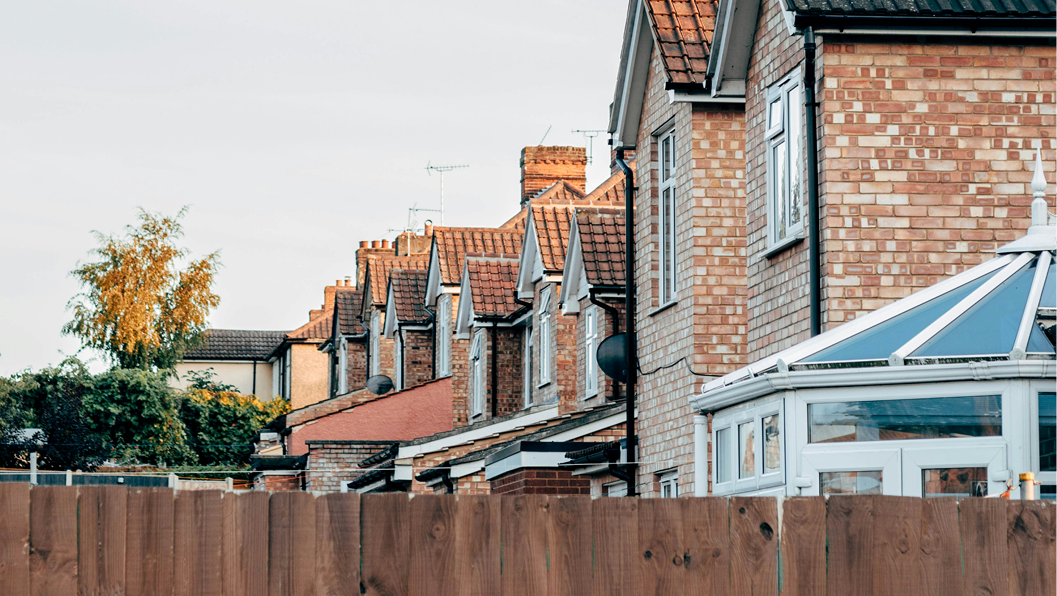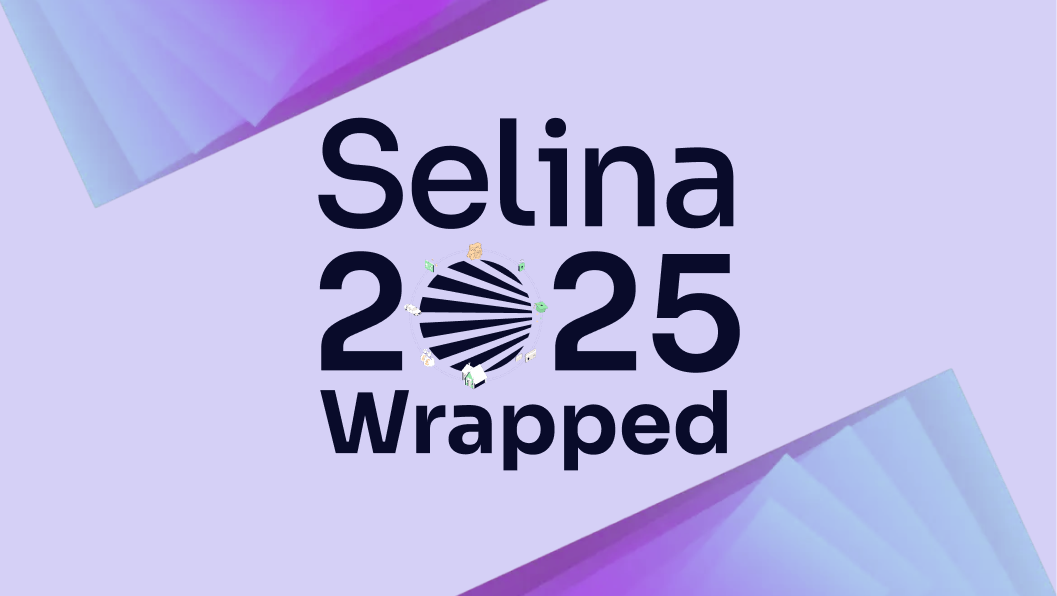
Let’s talk about school fees
If you’ve ever looked at private school fees and thought, “Wow, that’s a second mortgage,” you’re not wrong, and 2025 isn’t making things any easier.
With heightened taxes, rising fees, and schools constantly upgrading their facilities, paying for a private education now takes more planning (and creativity) than ever.
So in this guide, we’ll walk you through:
- How much private schools cost in 2025
- Why fees are climbing
- How you can fund them, including using the value in your home
- Other ways to make the numbers work
What you’ll pay in 2025
Let’s start with the big one: the price tag.
According to The Good Schools Guide, the average independent day school now costs around £19,000 a year. Boarding schools? Expect anywhere up to £50,000 a year.
To put that in bite-sized terms: The Independent says the average term for a day pupil is now £7,382, up from £6,021 not long ago. And when you add it all up over your child’s school life, The Times reckons the total could reach around £377,000 for a day pupil, and a jaw-dropping £763,000 for a boarder.
Why are fees rising?
There’s no single reason, but here are the main culprits:
- 20% VAT on fees: introduced in January 2025, this instantly makes school bills more expensive according to The Independent. As noted in a parliamentary briefing, imposing VAT on private school fees and ending charitable-rate relief is expected to raise around £1.7 billion annually.
- Loss of charitable business rate relief: schools are paying more in local taxes. The Independent notes this has added extra financial pressure.
- Bigger, better, pricier facilities: the Financial Times reports schools are investing in everything from Olympic pools to Steinway pianos. Impressive, yes, but it all adds to the bill.
Using your home to help pay fees
Can I? Yes, absolutely.
If you’re a homeowner, you might be able to use the equity you’ve built up in your property to cover school costs. With Selina Finance, there are two main ways:
- Home Equity Loan: you borrow a lump sum, pay it back in fixed monthly amounts, and the interest rate stays the same for the term. Great for covering one-off, larger costs like an upfront year’s tuition.
- Home Equity Line of Credit (HELOC): works more like a credit card, but secured against your home’s equity. You can dip into it as and when you need to within your agreed timeline and credit limit, and you’ll only pay interest on the amount you actually use, ideal for ongoing termly fees.
Secured borrowing like this often comes with lower interest rates than unsecured personal loans or credit cards. The Financial Times describes that the 20% VAT on school fees, which came into effect in January 2025, is reshaping parental strategies. Many parents are considering remortgaging, using assets, or tapping equity to afford the escalating costs.
The caution bit: because your home is the collateral, missing repayments could put it at risk. So it’s important to borrow responsibly and have a clear repayment plan.
Are there other ways to make it work?
Your house isn’t the only way to fund school fees. You can also:
- Set up monthly payment plans with schools to spread the cost.
- Apply for bursaries or scholarships.
- Accept help from family (grandparents often love to chip in).
- Use savings or investments you’ve built up over time.
- Relocating to areas where private schools are more affordable, something The Times reports more families are considering and already doing.
Selina’s planning tips
- Plan ahead: work out the full cost, factoring in VAT and possible fee rises.
- Mix and match: use savings, family help, and financing together.
- Match the loan to the need: for example, lump sum for one-off costs, HELOC for ongoing fees.
- Don’t stretch too far: keep payments comfortable so you’re not stressed every term.
- Get advice: a financial adviser can help you choose the right mix.
Let’s wrap it all up
Private school is a big investment and in 2025, it’s bigger than ever. But with a clear plan and the right mix of funding, it’s possible to give your child the education you want without derailing your finances.
At Selina, we believe smart borrowing (like a well-managed HELOC) can be part of the solution, as long as it’s done with eyes wide open.
👉 Learn more about Home Equity Loan here
Think carefully before securing other debts against your home. Your home may be repossessed if you do not keep up repayments on a mortgage or any other debt secured on it.






